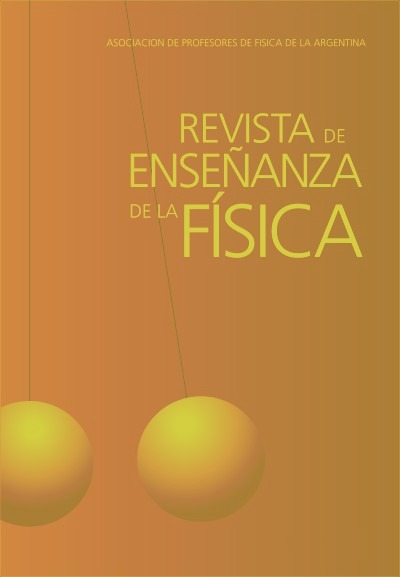Student voice and choice for building project-based learning
Keywords:
Project-based learning, Training itinerary, GPS, Theory of relativityAbstract
This article aims to present one of the stages of a training itinerary in order to answer the following question: What is the students' previous knowledge about GPS and how their protagonism can guide the development of a PBL? The research was carried out in a public school in Mato Grosso do Sul, Brazil, in High School, in the course Formative Itinerary. Through the "Student's Voice and Choice" step, we seek to identify the students' prior knowledge using the SQP model as a data collection method, which, through three questions, helps to understand where students are in relation to specific content. The Framework consists of placing a series of questions about a particular topic, since when identifying or what students already know about a theme, the PBL group will already be in the knowledge activity that was acquired. For the analysis of the results, we used the Iramuteq software, in order to construct a graph of the maximum similarity tree. The graphs generated from the questions were able to guide which procedures will be taken from that point on, in addition to making clear the students' expectations regarding what will be developed as well as previous knowledge about the proposed theme.
Downloads
Published
Issue
Section
License

This work is licensed under a Creative Commons Attribution-NonCommercial-NoDerivatives 4.0 International License.
Aquellos autores/as que tengan publicaciones con esta revista, aceptan los términos siguientes:Los autores/as conservarán sus derechos de copiar y redistribuir el material, bajo los términos estipulados en la Licencia de reconocimiento, no comercial, sin obras derivadas de Creative Commons que permite a terceros compartir la obra bajo las siguientes condiciones:
- Reconocimiento — Debe reconocer adecuadamente la autoría, proporcionar un enlace a la licencia e indicar si se han realizado cambios. Puede hacerlo de cualquier manera razonable, pero no de una manera que sugiera que tiene el apoyo del licenciador o lo recibe por el uso que hace.
- NoComercial — No puede utilizar el material para una finalidad comercial.
- SinObraDerivada — Si remezcla, transforma o crea a partir del material, no puede difundir el material modificado.
- Los autores/as podrán adoptar otros acuerdos de licencia no exclusiva de distribución de la versión de la obra publicada (p. ej.: depositarla en un archivo telemático institucional o publicarla en un volumen monográfico) siempre que se indique la publicación inicial en esta revista.
- Se permite y recomienda a los autores/as difundir su obra a través de Internet (p. ej.: en archivos telemáticos institucionales o en su página web) antes y durante el proceso de envío, lo cual puede producir intercambios interesantes y aumentar las citas de la obra publicada. (Véase El efecto del acceso abierto).










